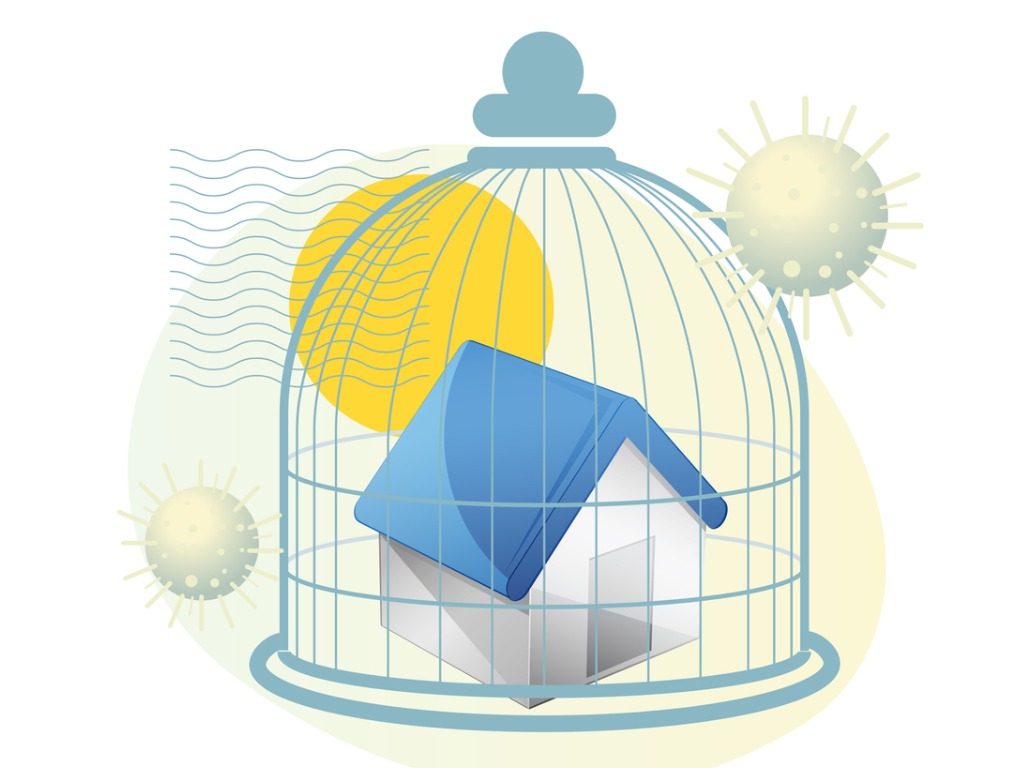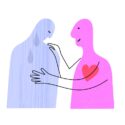
Dr Lynda Shaw gives us some tips on how to cope with the continuing COVID-19 restrictions
1. Uncertainty is difficult so make plans
The brain finds ‘the unknown’ the hardest to deal with and research shows that uncertainty is scarier and more alarming than known outcomes, even if they are bad outcomes. Many of us need structure to cope so continue to plan, pencilling in things for next year and building new routines if you need to.
2. Work on yourself
Self-kindness has never been more important. Remember what your strengths are, connect with your body with meditation and be intuitive about what you need right now. Reflect on the past months, be in the present and dream of the future.
3. Avoid fake news
Being panicked makes people susceptible to ‘fake news’, and we are naturally inclined to believe information that lies close to our current inherited beliefs, even if they are not based on solid science. Stress hormones decrease your rationality and critical thinking and make you more susceptible to inaccurate information. News is inherently negative at the moment which can leave you feeling overwhelmed. Avoid listening to others’ ‘strong opinions’ and check government websites for official advice.
4. Avoid toxic people and choose people who make you feel good
When things are difficult and even if we can’t be together, it can become obvious who holds us emotionally and who drains us in our life. It is important to reach out to the right people, those who know what you need and make you feel warm. Step away for now from those who leave you feeling cold. Perhaps get in touch with old friends who you haven’t had a chance to catch up with in a while.
5. Talk about how you are feeling
Sharing and talking alleviates isolation, reduces anxiety and lessens depression. Just simply speaking to the right person can do you the world of good. Make sure you check in with your family; do your kids need to talk about anything they might be anxious about?
6. Have a positive mindset
Research shows that positivity is contagious so approach the coming months with as much zeal and positivity as possible. Positivity and laughter are more contagious than any virus, especially when children are involved. Research also shows that positive people can have better health outcomes. An easy way to practice positivity is through gratitude. Start the day with a smile and jot down three things you are grateful for.
7. Set some new goals and values to reach by or in 2021
Set goals to bring joy and satisfaction to your life and provide your brain with positive reinforcement when you reach them. Keep them realistic. Perhaps make tentative plans for somewhere you might like to visit next year, so when the time comes to be able to book you are ready and raring to go.
8. Combat anxiety and stress with exercise and good sleep
Prolonged periods of raised stress hormones like adrenalin and cortisol have a negative impact on nearly every part of our body, including increased blood pressure, muscle tension, insomnia, headaches and depression, but exercise is shown to help relieve stress. Find ways to be physically active every day if you can and prioritise good quality sleep. Keep to a good sleep schedule, limit screen time before bed and enjoy a relaxing night-time routine.
9. Limit your time on social media
During these times, you may feel your phone is your principal portal to the outside world, but spending significant amounts of time on social media can increase feelings of isolation and loneliness and comparing ourselves to others. Limit yourself to 30 minutes a day if you can and avoid it at night. Turn off the notifications if they are causing you to keep checking your phone.
10. How to cope with holiday restrictions
This holiday season is likely to be very different for many of us although it is still hard to be predict what will be. Whilst Christmas parties might be on hold, maybe this year can be about love from afar, gratitude and meaningful celebrations. Maybe this will be the one year we don’t hold back on the treats on Christmas Day!













